Scheme participants will receive a payment of €142.50 for the first 6.66ha and €120 for each hectare thereafter, which is the equivalent of approximately €95/cow.
In return for this payment, farmers will have to undertake six requirements which include recording of calving details, completion of surveys, animal genotyping and breeding requirements.
Requirement 1 – Calving Details
• Tag and register all calves by 27 days old to meet the already existing statutory requirements.
• Farmers also need to record the sire’s number or AI code.
• Programme participants must complete the Calving Ease Survey for each animal as outlined on the Animal Events Sheet.
Requirement 2 – Surveys
• Each year, applicants will be required to complete survey forms supplied by the ICBF in respect of all cows, calves and stock bulls on their holdings.
• Participants must complete surveys relating to the calves docility, quality, vitality and health traits.
• Calves must be kept in the herd for five months to complete this data, as recording this information earlier will result in inaccurate results.
• Suckler farmers are also required to record information regarding their cows including docility, milk score and culling reasons. The docility, functionality and culling reasons for bulls must also be recorded.
Requirement 3 – Genotyping
• Participants in the genomics scheme will be required to take a tissue tag sample from animals selected by the ICBF.
• ICBF will select the animals to be genotyped in each herd and will notify the farmer of the animals to be tested.
• Farmers need to have 60% of the reference animals (number of suckler cows calved in 2014) available each year to be genotyped.
• If an animal has died or is sold before the sample tags are received the farmer must immediately contact the Department’s Beef Scheme Section or the ICBF to request a test kit for a substitute animal.
Requirement 4 – Replacement Strategy
• Farmers participating in this scheme are required to maintain a high proportion of high genetic animals on their holdings.
• There must be at least one four or five-star bull on the holding from June 30, 2019, which must have been genotyped as either 4 or 5-star on the Terminal or Replacement Index (on a within or across basis)
• This bull should be retained within the holding, but if replacement is necessary he must be replaced with a bull of similar genetic merit.
• If renting in a bull is the normal practice on-farm the Department of Agriculture must be notified in writing by June 2016.
• Rented bulls must have a four or five-star rating on either the Replacement or Terminal indexes (within or across breeds).
• For suckler herds using AI, at least 80% of the AI used on-farm must be from bulls with a four or five-star rating on either the Terminal or Replacement Index (within or across breeds) by June 30, 2016.
Applicants are also required to ensure that a percentage of their heifers are genotyped females that are:
• Four or five stars on the replacement index (within or across breeds) at the time of purchase or at the time of genotyping for those heifers bred from within the herd.
• Where a non-genotyped heifer is purchased, this animal must be subsequently genotyped and confirmed four or five-star on the replacement index before being deemed eligible for the programme.
• For heifers purchased after the closing date, they must be born in 2013 or later.
• 20% of the farms reference animals must be four or five-star genotyped heifers/eligible suckler cows by October 31, 2018, this requirement increases to 50% by October 31, 2020.
Requirement 5 – Carbon Navigator
• Farmers must complete a Carbon Navigator by October 31, 2016.
• This must be carried out in conjunction with an approved advisor.
• Following initial completion of the Carbon Navigator, applicants must submit data annually to allow for updating of this navigator.
Requirement 6 – Training
• Suckler farmers taking part in this scheme must undertake a training course relating to the programme by October 31, 2016.
• Applicants will be paid €166 to cover the costs associated with participation in this training course.
Training Information Videos
The following videos are being used in in the training courses which farmers will be attending throughout 2016.
Irish Farmers Journal Artices
For any query on the BDGP, please call 023 883 2883 or email [email protected]
